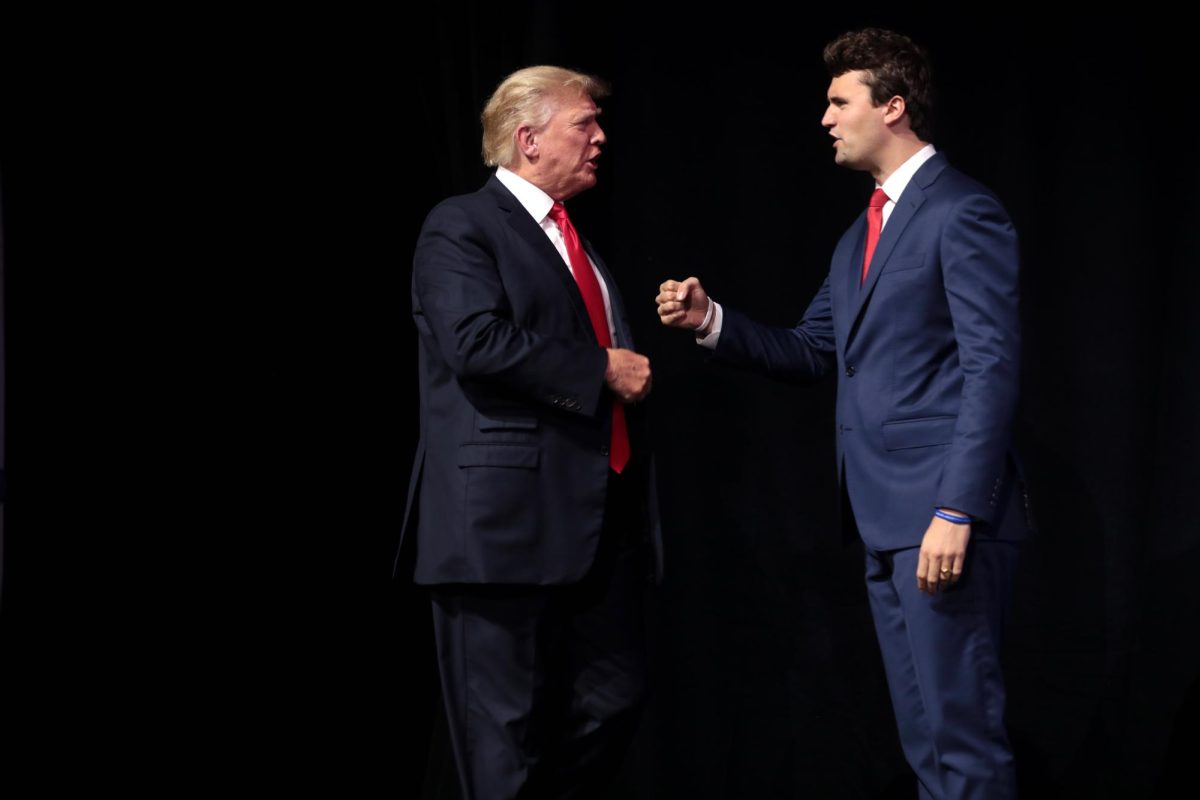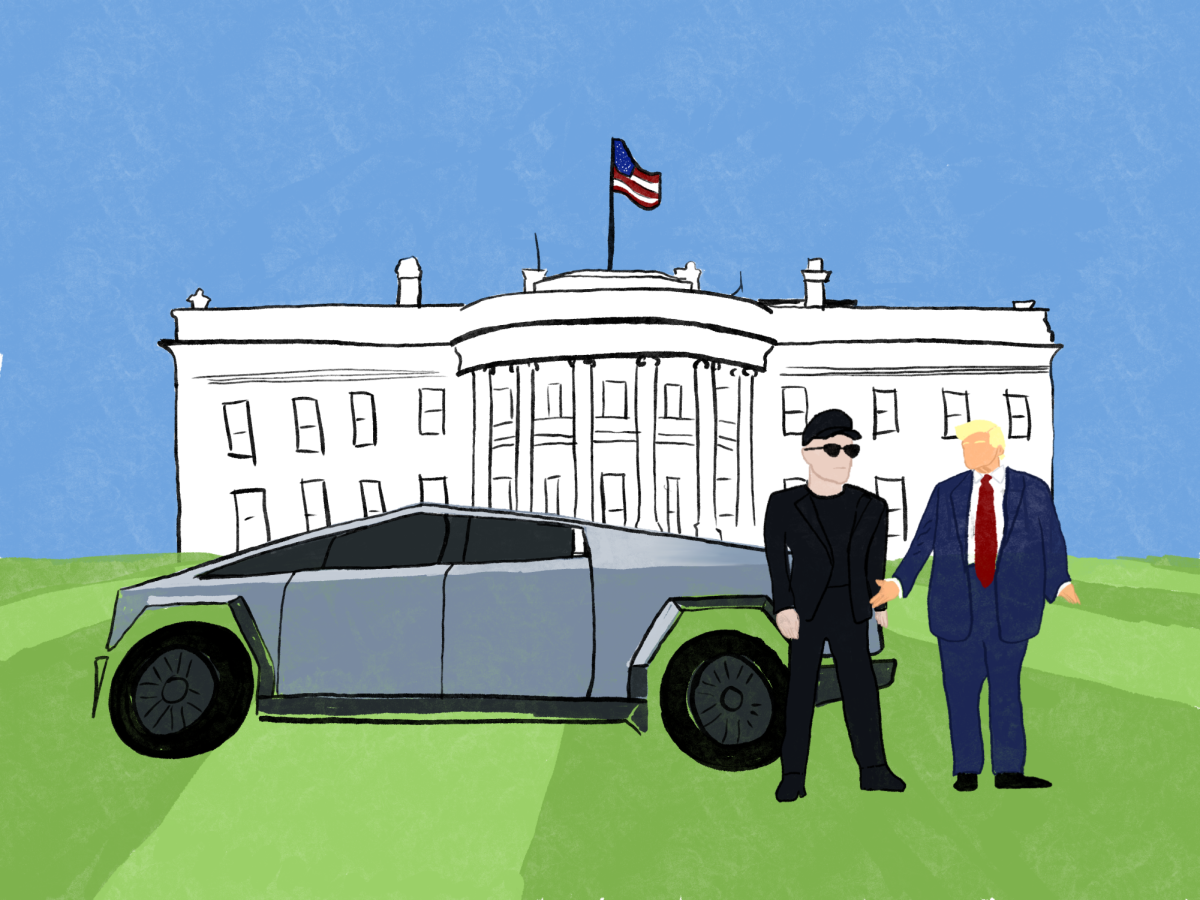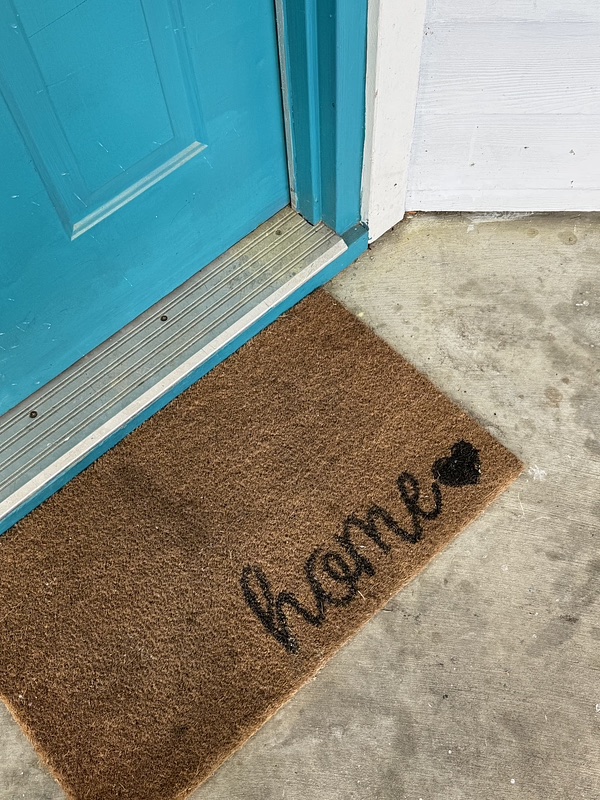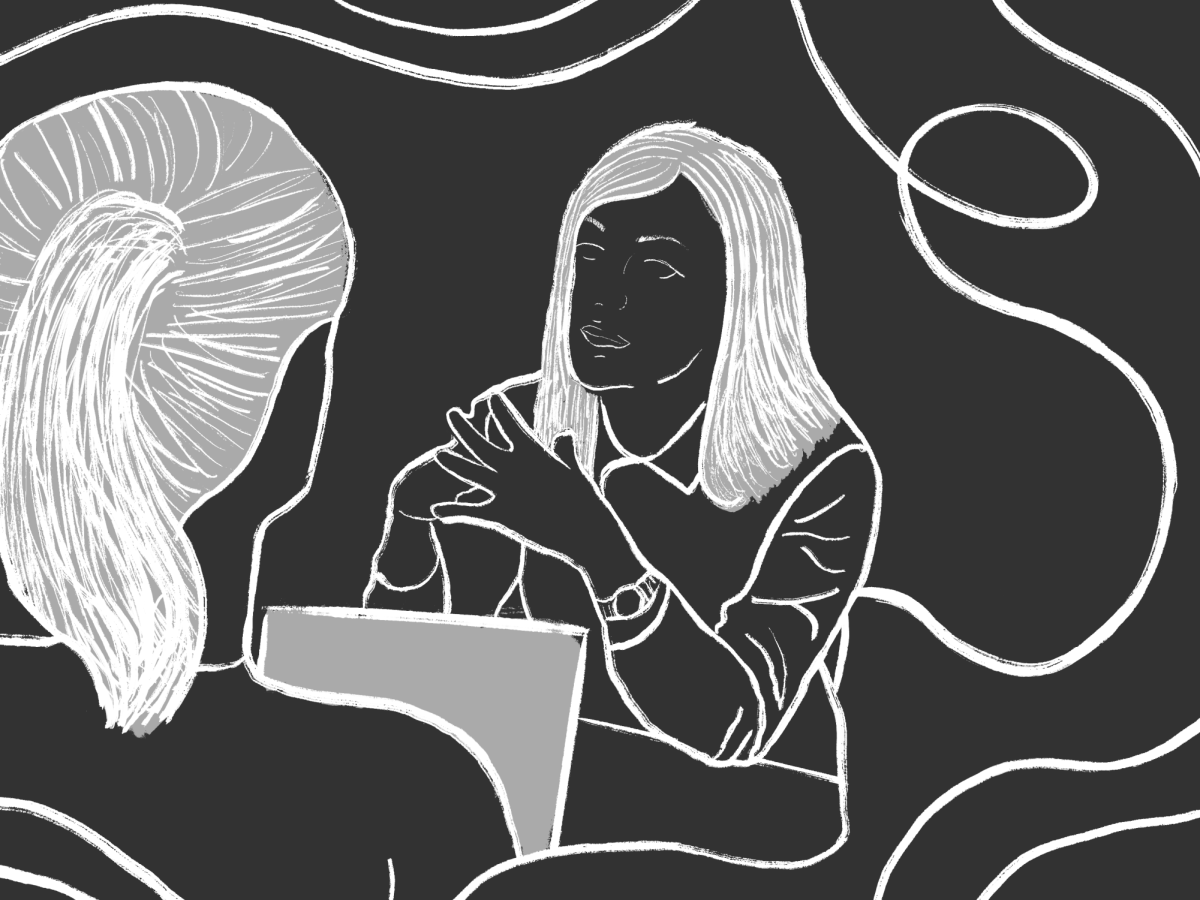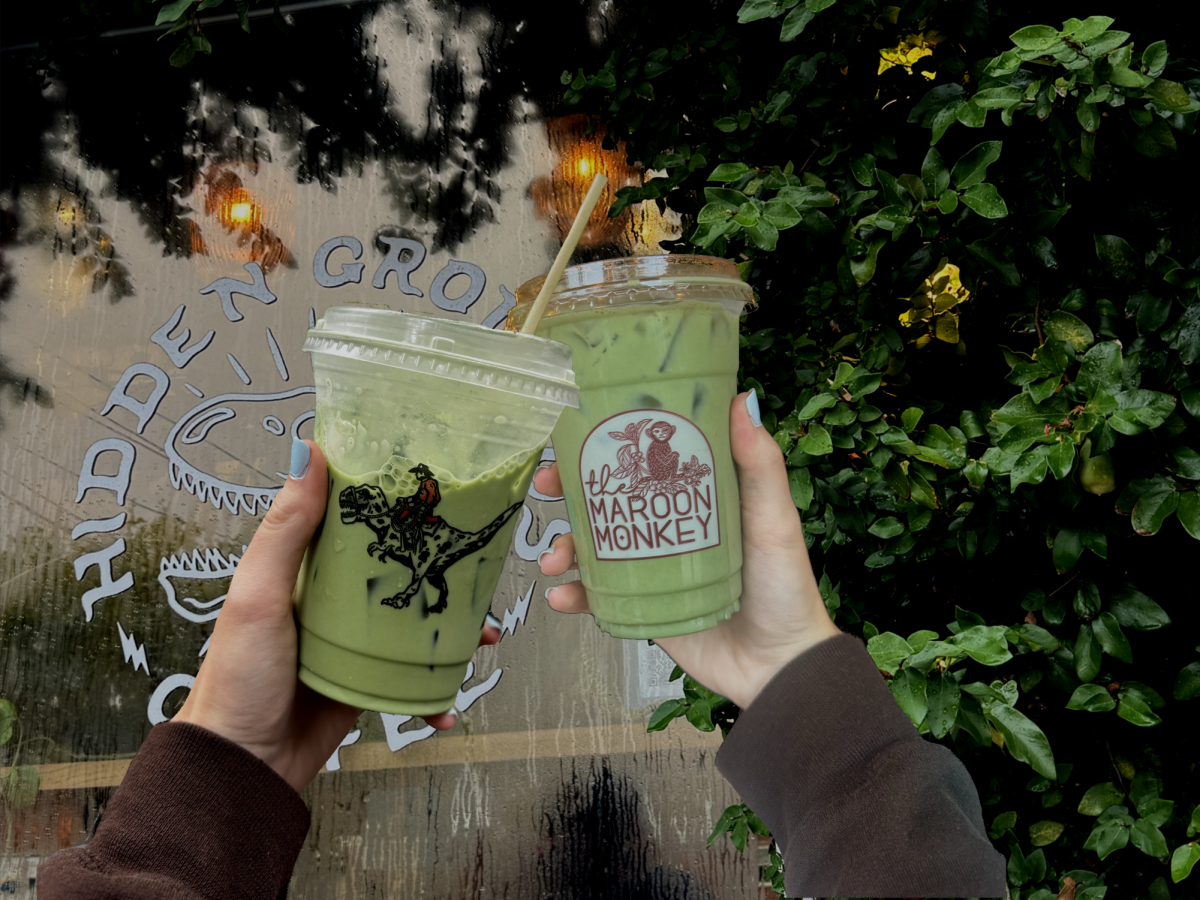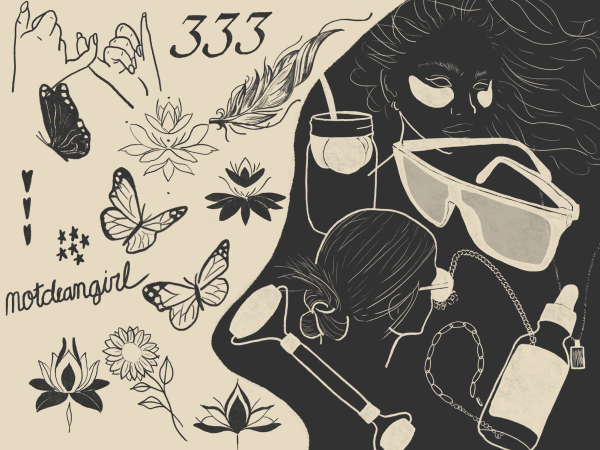
TikTok has become an amplifier of trends over the past seven years, meaning flocks of young women have swarmed to the app to stay in touch with society’s current standards. Women’s self-esteem has always been under attack on social media, but TikTok’s latest trend eradicates a permanent trend that came before. Now that the “clean girl” aesthetic is in and tattoos are out, trend followers may be left with regrets and pricy tattoo removal. Tattooed women who do not fit the clean girl mold feel the need to fight back against stereotypes. What is behind the problematic clean girl aesthetic that makes it so compelling and why are tattoos in its line of fire?
The clean girl aesthetic is a trend that seeks to encompass the look of a successful “clean girl.” Described by one TikToker, “Clean girl aesthetic is not how clean you are, it’s basically you looking clean.” Videos highlighting crisp, white outfits and slicked-back hair dominate what it means to be a clean girl. Eating healthy and waking up early are essential, and have you done your 10-step skincare routine? Despite promoting minimalism, this lifestyle requires a specific look only achieved through multiple beauty, fitness and fashion products. Women wanting a place to start on their clean girl journey can find style guides at the click of a button. The key to a clean girl aesthetic is a freshly showered look with a slicked back and clear, glossy face. Notably missing from this aesthetic is the encouragement of body art or racial and body-type diversity.
For years, the stigma around tattoos has dwindled and tattoo accessibility has increased. Being the new normal meant that many women felt freer to get the ink they had always wanted. However, the clean girl aesthetic now has many women looking at their tattoos and thinking, “What will this look like on my wedding day?” Hundreds of videos of women talking about how bad their tattoos will look on their wedding days are being posted just as the clean girl aesthetic was taking off. The clean girl aesthetic has encouraged women to embrace simplicity and leave tattoos behind.
Clean girl aesthetic has also shown signs of lacking inclusion. The look is very specific, not only are the women’s skin clear of ink, but also of acne or textured skin. A majority of clean girls that were being promoted showed off clear skin. Also, the title of the term “clean” implies that anything not following the trend is “dirty.” While TikTok users have also encouraged those without perfectly clear skin to take part in this trend, it does not combat the reality that this trend created. Other videos criticized the trend for only highlighting white, thin women when searching the trend on Google or Pinterest. Lastly, a concern has been raised that this minimalist lifestyle supporting trend also encourages women to go out and spend money on new skin care.
Impulsive decisions and the need to fit in may be the reason the clean girl aesthetic hits hard for some tattooed women. Many women have also taken to TikTok to explain that they can’t wait to see their tattoos in a wedding dress. TikToker Peyton Mikolayek posted a video saying, “My two cents on this debate is that if you are easily swayed enough where you will not like your tattoos enough based on a TikTok trend or comment, you should not be getting them put on your body forever.” Mikolayek continued to say that having tattoos doesn’t make anyone dirty despite what TikTok may say. While those who get tattooed are ultimately responsible for their own decisions, it is not unreasonable to say that a TikTok trend could be damaging to young women’s mental health.
The danger in the divide between the clean girl aesthetic is that tattoos are permanent, meaning girls who opt to get tattoos feel as if they will never fit into society’s current beauty standard. Even TikTok users who like their tattoos have fallen to the desire to fit in. One of the dangers of social media trends aimed at women is that the need to fit in is essential to being accepted. It also creates an unnecessary discourse between tattooed women and “clean girls.” Unnecessary debating shows that this trend has done more harm than good. There is no reason that one specific trend has to become the bane of everyone’s existence.
Tattoos are by no means new. Tattoos date back thousands of years and have many cultural implications. Just because younger people have begun to get tattoos does not mean that tattoos imply impulsive tendencies or recklessness. Tattooing historically has had controversy in the United States, having been banned in New York in 1961 before being made legal again in 1997. On UNCW’s campus many tattooed students experience life with only minor interruptions from those tattoos. Something as simple as a professor criticizing tattoos shows that tattoos still come with stigma. While society has adapted to become more accepting of tattoos, this does not mean that this will last. Internet trends causing women to regret tattoos may give the impression that tattoos are always done with impulsive tendencies or because people simply want to look cool. The clean girl aesthetic not only harms young women’s self-esteem, but it also distorts society’s view on tattoos. It is true that tattoos were trendy just a few years ago, but tattoos are not a trend and never will be.
Besides cultural reasons, many people opt to get tattoos for deeply personal reasons. Tattoos may commemorate the loss of a loved one. Perhaps a Medusa tattoo represents the strength to carry on. Tattoos of favorite lyrics, pet portraits or perhaps a favorite memory forever inked into someone’s skin are very popular reasons to get tattooed. Often the more personal a tattoo, the less room for regret. On the other hand, a tattoo with absolutely no meaning done for the sake of art does not mean someone will regret the tattoo. Perhaps someone really wanted a rat dressed as a clown on their leg, who is anyone else to judge?
Self-proclaimed tattoo enthusiast Lauren Petrie posted a Youtube video where she discussed why she believes “tattoos are OUT.” In the video, Petrie said, “With everything being more conservative lately, if this keeps up we will for sure be seeing a decrease in women and fem-presenting people getting tattoos…Ov erall, I think we are about to see people getting tattooed less and less and less but that’s probably also the people who are trend hoppers.” A notable face of the current tattoo removal era is Pete Davidson who removed 100+ tattoos via laser removal. While Davidson’s removal was due to his newfound sobriety and had nothing to do with the clean girl aesthetic, his tattoo removal journey comes at a notable time in society’s overall view of tattoos.
While many women have shared their experiences regretting tattoos, that has not stopped backlash from the other side. Maybe it isn’t the clean girl aesthetic but the pressure to keep up with the latest trends. One TikTok user criticized those who follow trends posting, “Yall really spend hundreds of dollars covering yourself in Pinterest tattoos only to complain about it two years later.” Pinterest tattoos is the name for tattoo designs that were popularized on Pinterest that young women tended to copy without making changes to the designs. Many people who got Pinterest tattoos did so because it was a popular aesthetic in the mid-2010s. The tattoo community has criticized the Pinterest tattoo trend as promoting the stealing of others’ art and lack of creativity put into permanent designs. The reality is that the same place who told people to get tattoos is now promoting a trend they do not fit in with. Social media trends continue to damage self-esteem by forcing new beauty standards that are contradictory to the ones just before.
The clean girl aesthetic is the epitome of problematic trends that just won’t go away. For those who enjoy partaking in a trend, go ahead. To be a clean girl because TikTok told you to, however, is not something to brag about. TikTok trends take away individualism from a world that is already trying to suppress so many. Prioritize finding ways to be a unique person that truly aligns with who you are. Explore communities that uplift and accept diversity instead of following the latest TikTok influencer. Tattoos are not dirty, clean girls can have tattoos even though the trend is damaging to women’s self-esteem. Do not stress that one aesthetic does not align with someone else’s because once the clean girl aesthetic falls out, the cycle of regret will continue.








